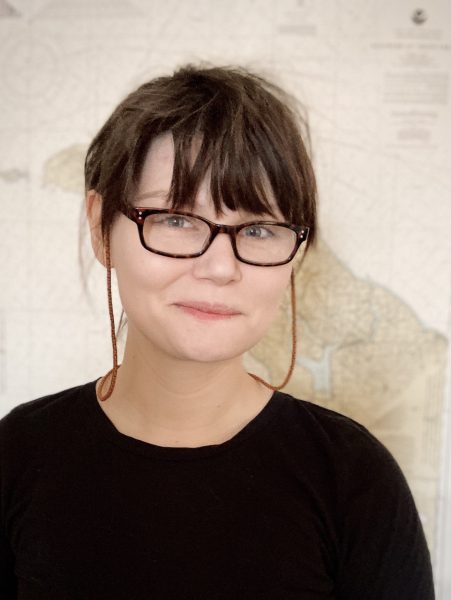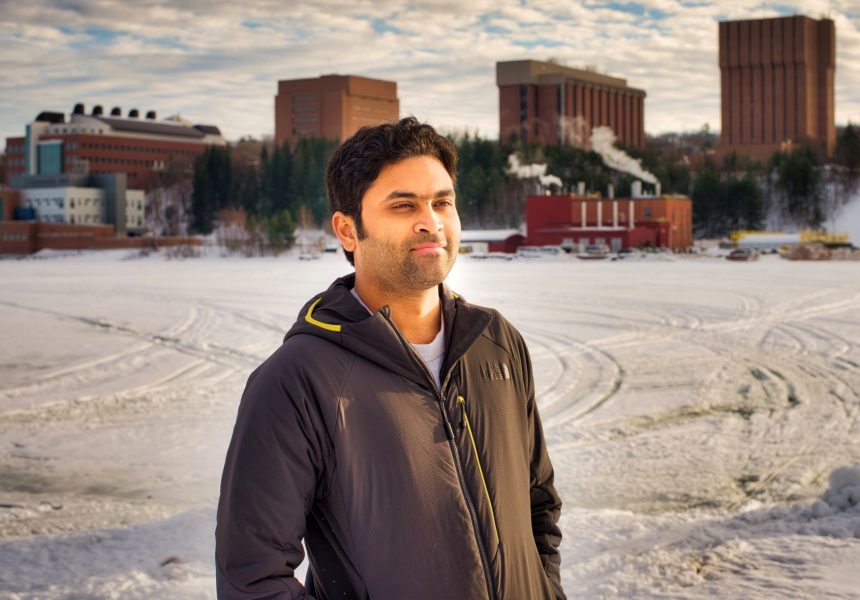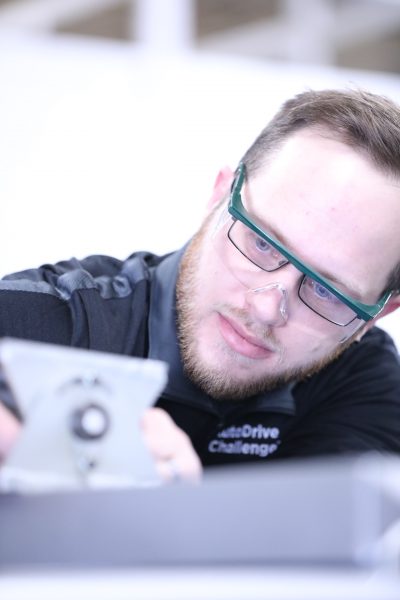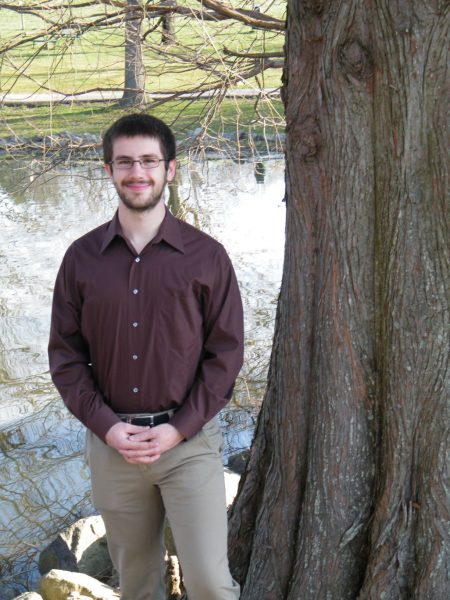
I joined Michigan Tech in Fall 2018 as a graduate student in the Department of Physics and began working with Dr. Ranjit Pati. Before coming here, I completed a Master’s from the University of Utah and a postgraduate diploma in condensed matter and statistical physics from International Centre for Theoretical Physics (ICTP).
At MTU, my research focuses on the prediction of new materials with novel properties using density functional theory (DFT) and spin transport in these materials using DFT and non-equilibrium Green’s function method for possible applications in spintronic devices. In these three years, I have completed a couple of research projects under the supervision of my advisor in which we tailored the properties of pristine semiconducting Ge-Si core-shell nanowire via doping of transition metals to predict a new class of materials. We then theoretically showed that the newly tailored materials act as an excellent spin filter (Mn-doped devices) or a switch (Cr-doped devices) with a high ON-OFF current ratio. Our results have laid the foundations for experiments and are expected to generate experimental interest in the near future due to compatibility with the current Si-based technology for potential applications in low dimensional spintronics.
I am extremely grateful to the graduate school (MTU) for supporting me through the doctoral finishing fellowship during the summer semester. I believe that this fellowship will allow me to concentrate completely on writing my dissertation and graduate sooner.







